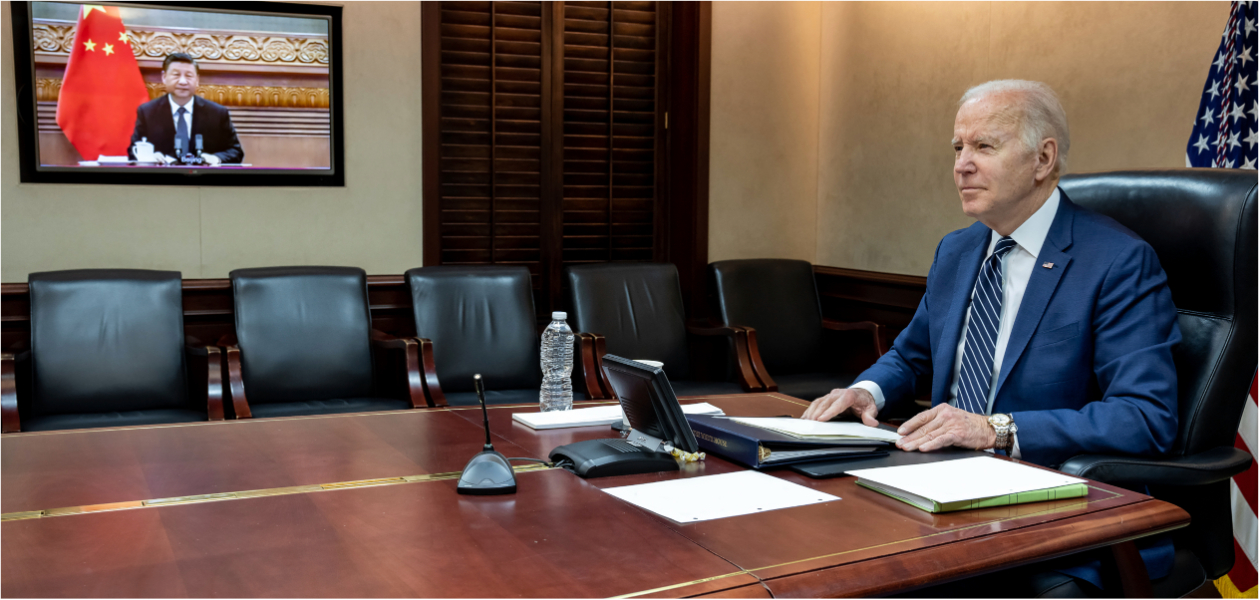Pakistan: Why Swat locals are angry with both the military and the Taliban
A deadly attack on a school van in Pakistan's Swat Valley has sparked fears of a resurgence in Taliban activity in the region. Thousands have protested against the possible return of a militant presence to Swat.

Thousands protest in Swat after a gunman opened fire on a school van,
killing the driver and critically injuring a child
Pakistan's Swat Valley was once ruled by the Taliban, who imposed a ban on education for women among other retrogressive measures.
The region — in the northwestern province of Khyber Pakhtunkhwa that borders Afghanistan — is perhaps better known for being the hometown of Nobel peace laureate Malala Yousafzai, who was 15 years old when Taliban militants shot and wounded her a decade ago.
Malala had been campaigning for girls' right to education in Swat and was a vocal critic of Islamic extremists. The Taliban said in 2012 that she had been attacked for promoting "secularism."
The Swat Valley had been a stronghold for the Tehreek-e-Taliban Pakistan (TTP) — the Pakistani Taliban group that is not directly connected to its Afghan counterpart but shares a similar ideology — which had been the focus of a 2009 military offensive to flush out militants from the area.
Taliban returns to former stronghold
Pashtun nationalists and other political parties in the area now accuse the government of holding clandestine talks with the militants and fear this could plunge the picturesque area into a reign of terror.
Many in Pakistan oppose the government's negotiations with the TTP. The group was responsible for attacking a military-run school in Peshawar in 2014, laying siege and killing 132 schoolchildren.
The government dismissed recent concerns of a significant TTP presence in the region.
But last month, suspected militants fired on a police party in the valley, fueling speculation that the militant group, which aims to set up an Islamist state in Pakistan, had returned to the area.
And the Taliban claimed responsibility for a September bomb attack that killed Idrees Khan, a local pro-government militia chief, along with two police officers, two private guards, and three laborers in the Swat region, local police told French news agency AFP.
Simmering anger then boiled over into widespread protests following a deadly assault on a school van earlier this week. One protest lasted for over 40 hours.
The attacks coincided with a visit by Malala Yousufzai to her home country to meet with victims of the devastating monsoon floods in Pakistan's southern province of Sindh.

The TTP was responsible for an attack on a military-run school in Peshawar in 2014
Factors fueling frustration
Marwat Salam, a 26-year-old resident of the Swat's Matta area, said that people are furious over the government's inaction. People feel that their leaders are either supporting the Taliban or are afraid of them, which perhaps explains why the government has not taken any concrete action, Salam told DW.
The government's lackluster response has created anxiety, particularly among women, she told DW.
She added that she had studied at university, completing a masters in psychology, but she feared her sisters and cousins might not continue their education if the Taliban returns.
"People had to leave their homes in the past and were not helped by the government, and now the government again is turning a blind eye to the activity of militants, which is fueling frustration against the government," Salam added.
Bibi Hasina, a 45-year old nurse working at a local hospital, said that the school van attack sent a shiver down people's spines, reminding everyone of the turbulent days of the past.
"The people of Swat protested against it, because they are worried about their children, their families, their businesses and their safety," Hasina said.
A sense of betrayal
The 2009 anti-militant offensive forced over a million people to leave their homes and take refuge in various parts of the country. They were only allowed to return when the operation ended a few months later.
Idris Ali Shah, who lives in Matta, said that the people of Swat were furious because they had been given contradictory information.

Malala Yousufzai speaks with women and children about facing
the tough situation with courage
Firstly, they were assured that the militants had been eliminated during the offensive, he told DW, but then people witnessed a wave of targeted killings that included 800 political workers and peace activists.
"We were told these were ruthless terrorists and now the same are being engaged in talks without even taking the people into confidence," Shah said. "Then the reports of extortion, threats and militants' presence were all ignored. So, the disappointment with the government and the state is natural."
What is at risk?
Businesses have been booming in Swat since the end of the 2009 operation. Local and overseas tourists have also started visiting the valley, prompting people to set up new hotels and other attractions for the fresh influx of visitors.
People have invested millions or possibly billions of rupees into businesses, construction of houses, markets and other places, pointed out Sarfraz Khan, former head of the Area Study Center of Peshawar University and a Swat native.
Now this is all at risk, he told DW, adding the government is doing nothing to nab those militants who are apparently hurling threats at people over the phone, demanding extortion. He told DW that lawmakers from the ruling Pakistan Tehreek-e-Insaf (PTI) "have paid extortion and the government still did not take any action."
Misleading claims?
The army media wing last month admitted that the presence of "a small number of armed men on a few mountain tops between Swat and Dir has been observed."
However, it strongly rejected claims that the armed men had run amok.
"Apparently, these individuals sneaked in from Afghanistan to resettle in their native areas. A close watch is being maintained on their limited presence and movement in mountains," the army said in a statement.
"A misperception about the alleged presence of a large number of proscribed organization TTP's armed members in Swat Valley has been created on social media. After confirmation on the ground, these reports have been found to be grossly exaggerated and misleading," the statement added.
But security analysts say that TTP fighters feel emboldened by the Afghan Taliban's return to power in Afghanistan in August 2021.
The 'Pashtun Spring'
Some critics believe that Pashtun nationalists are trying to exploit every opportunity to defame the army.
At the core of the anti-militant and anti-army protests in Pakistan's northwestern region is the Pashtun Tahafuz Movement (PTM), an anti-war group. Pakistani authorities have long accused liberal Pashtun groups, including the PTM, of destabilizing the country.
The PTM has gained considerable strength in the past five years, drawing tens of thousands of people to its protest rallies. Its supporters are critical of both the Taliban and the Pakistani military, which they say has ravaged Pashtun areas in both Afghanistan and Pakistan.
Aziz Ullah Khan, a provincial law maker from Swat, told DW that it was propaganda that the army or security forces were bringing back the Taliban.
"The army offered tremendous sacrifices to flush out militants from Swat and other parts of the country. If Swat has peace today, it is all because of these sacrifices," he said, adding that some elements are spreading malicious propaganda against the army which should be condemned.

LIFE IN AFGHANISTAN UNDER THE TALIBAN
New but old dress code
Although it is not yet mandatory for women to wear a burqa, many do so out of fear of reprisals. This Afghan woman is visiting a local market with her children. There is a large supply of second-hand clothes as many refugees have left their clothes behind.
123456789
'No anger against the government'
Khan rejected that people of Swat are fed up with the government.
"I am from the provincial government and roaming about the entire valley. I did not witness any anger against the government and security forces," Khan said.
He also refuted claims that militants are present in the scenic valley.
"I can take you to every part of Swat and you will not find any militants at all. This is just propaganda. Some criminal elements did give extortion calls using the name of the Taliban, but they were nabbed and no PTI leader or lawmaker paid any extortion," added Khan.
Edited by: Keith Walker
Date 14.10.2022
















